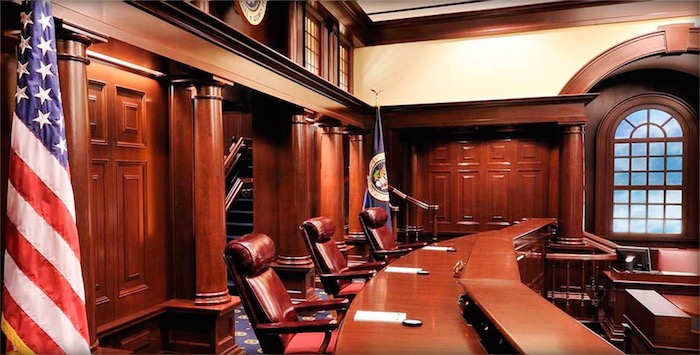The SEP Couch: SEPs and Brazilian Law
In this episode of The SEP Couch, Otto Licks and Roberto Rodrigues from Licks Attorneys share their experience with SEP litigation in Brazil, which is becoming a preferred venue for worldwide patent disputes because of its efficient decision-making, bifurcated system, and high-quality patents. Brazilian courts assume patents to be valid, and the number of SEPs that have been invalidated during litigation is very low.
Patent holders must provide evidence of licensing negotiations before preliminary injunctions can be issued, but Brazilian courts do not determine a FRAND (fair, reasonable and non-discriminatory) rate. Brazil has never been involved in anti-suit injunctions in the past, and the courts consider the licensing negotiation track record in their decision making.
Another reason for Brazil’s popularity is its large smartphone market, which is one of the biggest in the world. Injunctions can have a significant impact on defendants in this market due to high product margins and comparably high smartphone prices. Licks Attorneys predicts that SEP litigation in Brazil will continue to increase, solidifying its position as a major jurisdiction for worldwide patent disputes.
Yet, there has been no SEP litigation in Brazil in the automotive market, even though Brazil also has a large consumer market for automotives. However, Otto Licks and Roberto Rodrigues predict that we will soon see SEP litigation in Brazil that will go beyond smartphones.
Discussion Highlights
- What are the main reasons Brazil is an attractive jurisdiction in which to litigate SEPs?
“Brazil is a big market that likes to consume a lot of the products and services that rely on standard essential patents. The second reason is that, in this big market, the markup [and] profits are usually very good when you look at the premium prices consumers are willing to pay for the latest technology. So, it is a big and profitable business for several of the companies in these industries. I think this is the number one reason why our clients seek our assistance when they face unwilling licensees practicing hold-out.”
- If you compare the legal system in Brazil to the U.S. or European systems, what advantages do you see here for patent holders to litigate?
“We don’t have a discovery system. So, it’s faster and you can go to a permanent injunction trial faster than other jurisdictions in comparison. We know that in SEPs we focus a lot on preliminary injunctions (PI), but outside of the SEP world, this applies also. In the beginning, we saw more Chinese companies getting sued, but now we see more European and American companies too. So, I think it’s definitely becoming a good forum to litigate.”
- After how many years of frustrations do clients typically approach you and tell you “Hey, we are negotiating this global FRAND license, we’re not getting anywhere. Can you help us?” What is the sweet spot, in terms of years of waiting, here?
“If we look into the numbers, I will tell you that it’s usually after two years. Most of our clients will seek to license for a bit over two years before looking into litigating in Brazil. In the past, Brazil was typically a jurisdiction that our clients would litigate in in their third wave of global litigation. That has changed; Brazil now is mostly in the second wave, sometimes even in the first wave, in global SEP litigation campaigns.”
- And have they typically litigated in other jurisdictions before coming to Brazil?
“Yes. In the beginning our clients would already have litigation going on in the U.S. and Europe, and sometimes in Asia. Nowadays, our clients coordinate to establish a better strategy for the adjudication campaign. So, where do you file first? Where do you seek a preliminary injunction, where you do not? It is a global license, but the litigation system is national, and we have to make sure that we work well with the client and with the service providers and the firms that the client use in different jurisdictions. Usually, success is very much tied up to the ability of having good communications with the client and with the other firms that are doing the same projects in other jurisdictions.”
Listen to the entire episode to get answers to the following questions:
- What is Brazil’s legal framework for dealing with SEPs, and how does it balance the interests of patent holders and users?
- How do you determine a fair and reasonable royalty rate for using patented technology, and what are some of the challenges associated with this?
- What are some of the latest developments in the legal landscape surrounding SEPs, and how can businesses and individuals stay informed about them?
- How filing high quality patents at Brazil’s patent office influences SEP litigation.
Tim Pohlmann, Ph.D.
Tim Pohlmann is the CEO and founder of IPlytics. He earned his doctoral degree with the highest distinction from the Berlin Institute of Technology, with a dissertation on patenting and […see more]






